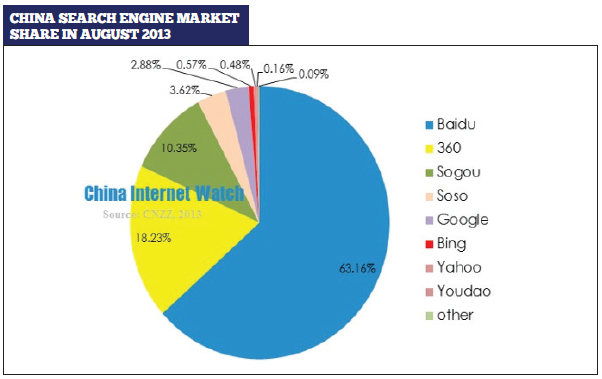



How to boost overall search performance
share on
Half the world’s population now has access to the internet and nearly 90% of them find sites through search engines. An ideal part of a search campaign to start with is by defining the words and phrases necessary to attract relevant visitors to your site.
Not only will it yield substantial returns on investment, but it is also vital to keep budgets in check. As a search expert, here are a few things to bear in mind that will help boost your search ad results.
1. BUILDING A SUCCESSFUL PAID SEARCH CAMPAIGN
First, you should spend some considerable amount of time to research keywords that are relevant to your audience and your company which will help drive performance. The list should include brand and generic keywords based on your objectives. Your next step is to use specific targeting methods to reach your potential audience because this practice can help control when and where your ads are shown. Remember to keep your message clear and compelling to avoid confusion as much as possible.
[WATCH also]: What are the misconceptions about search?
https://vimeo.com/79745914
2. MEASURE, MEASURE, MEASURE
Be sure you can measure your campaign effectively so you can bucket and view through scalable analytics. Measuring the performance of your search campaign is important in understanding what works and what doesn’t. It enables you to answer business questions such as calculating returns on marketing spend and identifying how your target audiences engage with your marketing messages and campaigns. In the digital world, you know there are a ton of metrics available to track and analyse, and it can quickly get confusing and overwhelming.
Here is a list of key metrics that really give you a great overview of your performance in your search campaigns. Tracking these given metrics over time will provide a solid measure of your success.
- Quality score: It is used to measure the relevance of your keywords and is used to ensure that visitors see relevant ads and have a positive experience. It’s critical to maintain good quality scores because Google uses them to determine your ad rankings as well as how much you pay per click.
- Click-through rate: It’s one of the most important factors in determining your quality scores. Low click-through rates are an indication your keywords or ads need further improvement.
- Conversion rate: Conversion rate is just as important as click-through rates because you don’t want to pay for tons of clicks and traffic if none of that traffic ends up taking meaningful action
- Cost per conversion: Typically, the most effective way to measure a campaign’s success is through conversions. Your cost per conversion is the amount of money you spend divided by the number of conversions you achieve. Now that you have this information you can make better judgment about how to spend your marketing dollars.
3. DEPLOYING NEGATIVE KEYWORDS
Negative keywords are as important as positive keywords for the success of any search campaigns. It allows advertisers to block unwanted search queries. Without negative keywords, your campaign can spiral out of control in driving up unqualified clicks that don’t convert. Here are some key benefits of using negative keywords:
• Improve ROI: When we block irrelevant terms, it helps advertisers to bring CPC down and increase ROI.
• Improve click-through rate: When you apply negative keywords carefully in your campaign it will not be showing your ads to unwanted audiences, thus your chances of receiving a click improves dramatically.
• Improve in conversion rates: You will see a positive effect on your conversions with the improvement of the quality of clicks by adding negative keywords.
• Improve quality score: It also helps in improving QS of the keywords as we know that quality score is being calculated every time a search query runs. QS is highly based on the relevancy – when we add negative keywords it increases the relevancy between keywords and the search query and thus leads us to an improved quality score.
4. EXPANDING YOUR CAMPAIGN TO THE CHINESE MARKET
The Chinese market is growing at a rapid pace and it’s clear why many companies are attempting to expand into China. If you are considering breaking into the Chinese market and expanding globally online with your business, your strongest point of entry is in paid search. In China, Baidu is the local search engine and has the biggest market share, reaching more than 95% of Chinese internet users. Baidu differs from Google or Yahoo in keyword targeting because of its match types and placement. Baidu uses a relevance engine that will only include ads based on the match criteria set as it relates to your landing page. That’s why the selection of a digital partner who understands the market and the Chinese search engine is absolutely mandatory for a successful paid search campaign in China.

This article is part of a six-part series from Marketing Magazine's Search 2.0 Master Report.
Read part 4 : Search 2.0: Case Study - MyanmarBurma.com
Download the full PDF of the report here.
share on
Free newsletter
Get the daily lowdown on Asia's top marketing stories.
We break down the big and messy topics of the day so you're updated on the most important developments in Asia's marketing development – for free.
subscribe now open in new window


